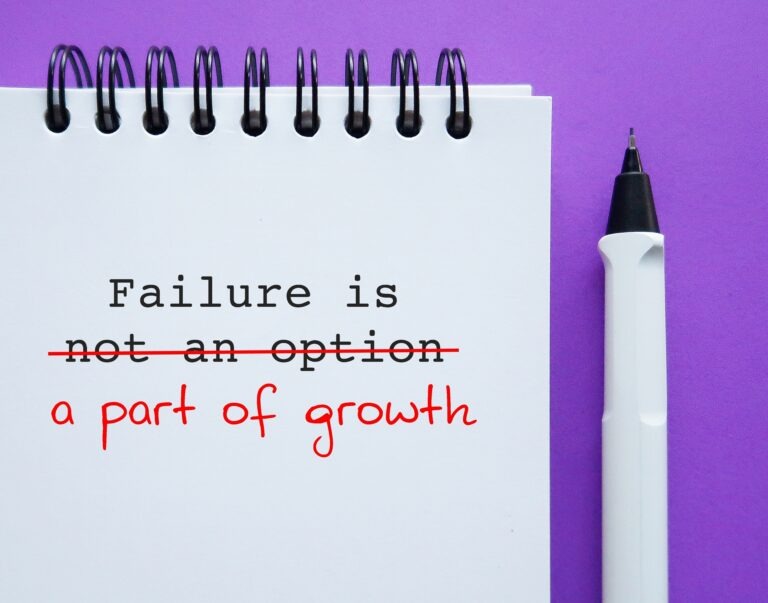
How Suppressing Emotions Harms the Brain
Coaching Beyond Toxic Positivity
By Dr. D Ivan Young, MCC, NBC-HWC
In today’s wellness-driven world, relentless optimism often seems the gold standard. Yet, emerging neuroscience cautions us that consistently suppressing negative emotions under the guise of positivity, commonly known as toxic positivity, can have profound and lasting effects on our brains and overall well-being. Inasmuch, we must learn how suppressing emotions harms the brain.
Fortunately, gaining a deeper understanding of emotional processing through neuroscience can guide us toward authentic positivity, honoring the complex richness of human emotions. Let’s explore together how emotional suppression harms the brain and how blending neuroscience, coaching strategies, and spiritual wisdom can lead to healthier emotional practices.
The Neuroscience of Emotional Suppression
Emotional suppression, while seemingly protective, actually triggers significant stress responses in the brain. Renowned psychiatrist Dr. Daniel Siegel emphasizes that suppressing emotions activates the amygdala—the brain’s primary emotional alarm center—prompting increased production of stress hormones such as cortisol. Chronic suppression gradually weakens our brain’s resilience, amplifying feelings of anxiety, stress, and emotional instability.
Visualize continuously pressing down a powerful spring: the longer and harder you compress it, the more tension builds. Eventually, it recoils unpredictably with greater force. Similarly, when emotions are continuously suppressed, they build pressure until released in uncontrolled, intense emotional outbursts.
Toxic Positivity: How it Harms the Brain
Think of an idyllic garden receiving continuous, uninterrupted sunshine. Initially, this seems perfect—until plants begin wilting, soil hardens, and the garden deteriorates. The garden needs rain and shade as much as sunshine; constant positivity, without emotional balance, similarly deprives us of essential emotional nourishment.
Expressions such as “Just stay positive!” or “Don’t dwell on negativity!” seem supportive but inadvertently invalidate one’s genuine emotional experiences. This can cause an emotional “drought.” Research by psychologists Dr. Susan David and Dr. Barbara Fredrickson highlights emotional agility. Emotional agility is the capacity to healthily manage both positive and negative emotions. This type of emotional regulation is critical for optimal mental health and resilience.
Coaching Strategies from a Neuroscience Perspective
As a neuroscience-informed coach, my practice emphasizes guiding clients to recognize, validate, and process their emotions authentically. Evidence-based strategies such as mindfulness meditation and cognitive reframing have demonstrated significant benefits for emotional agility.
Mindfulness meditation, supported by Harvard Medical School research, actively engages the prefrontal cortex, enhancing emotional regulation and reducing amygdala reactivity. Through regular practice, clients become better equipped to manage emotional challenges calmly and effectively.
Cognitive reframing allows individuals to reinterpret emotional situations constructively without dismissing their genuine feelings. By reframing, I encourage my clients learn to perceive challenges as opportunities for growth, resilience, and learning, effectively reducing amygdala-driven stress responses. In my blog, How to Navigate Loneliness, Burnout, and Depression, I offered 8 steps toward combating emotional suppression.
Emotional Suppression – Blending Spiritual Wisdom and Neuroscience
Spiritual traditions have historically recognized the value of embracing both positive and negative life experiences. Taoism, for example, teaches the critical balance of Yin and Yang, illustrating how authentic wellness thrives through emotional balance and authenticity.
Integrating spiritual wisdom with coaching encourages emotional honesty, compassion, and acceptance. Spiritual teachings consistently emphasize the transformative power of genuinely facing life’s challenges rather than avoiding them.
Consider the lotus flower metaphor: this stunning flower blossoms beautifully from muddy waters, illustrating that true beauty and growth often arise from facing and transcending challenging circumstances. Authentic positivity emerges similarly, not by denying emotions but by courageously engaging with them.
Practical Coaching Techniques to Combat Toxic Positivity and Emotional Suppression
To foster emotional resilience and authenticity, coaches can utilize these neuroscience-backed strategies to combat Toxic Positivity:
1. Emotional Validation
Encourage clients to openly acknowledge and express their true emotions. Validating these emotions immediately lowers stress, allowing the prefrontal cortex to facilitate effective problem-solving.
2. Mindfulness-Based Practices
Regular mindfulness enhances emotional regulation skills, allowing clients to experience emotions without judgment. Numerous neuroscience studies support mindfulness as effective in reducing stress and promoting emotional clarity.
3. Deep Gratitude Exercises
Guide clients towards reflective, authentic gratitude practices rather than superficial positivity. Neuroscientific studies show authentic gratitude engages the brain’s reward pathways, naturally cultivating positivity without forced suppression.
Enhanced Understanding – Toxic Positivity with Neuroscience
Think of emotions as visitors knocking at your door. Ignoring them makes their knocking louder and more insistent. Welcoming these emotions allows them to deliver their message and leave peacefully.
Coaching emotional suppression is akin to preparing sailors not only for calm seas but also storms. Equipping individuals to navigate both calm and rough waters ensures they’re fully prepared for life’s complexities.
Emotions are like musical notes. Avoiding minor keys creates monotony; embracing the full emotional spectrum enriches life’s symphony, creating harmony and depth.
Becoming an Emotionally Intelligent Coach
Emotionally intelligent coaching requires self-awareness about personal emotional tendencies. Coaches must acknowledge biases towards positivity and actively practice embracing the entire emotional landscape. Neuroscience demonstrates emotionally intelligent coaches build deeper client trust and enable enduring transformation.
Final Thoughts: Embracing Emotional Authenticity
As coaches dedicated to authentic transformation, understanding the neuroscience behind emotional suppression empowers us to guide clients effectively. By embracing emotional authenticity and spiritual insights, we foster genuine positivity rooted in emotional intelligence and resilience.
Let’s courageously navigate the complexities of human emotions together, championing a balanced and deeply authentic approach to emotional wellness.

Dr. D Ivan Young, MCC, NBC-HWC, is a highly sought, globally renowned expert in behavioral neuroscience and Master Certified Coach (ICF), and National Board Certified Health and Wellness Coach specializing in evidence-based coaching methods for high-achieving individuals. To learn more, visit drdivanyoung.com.
